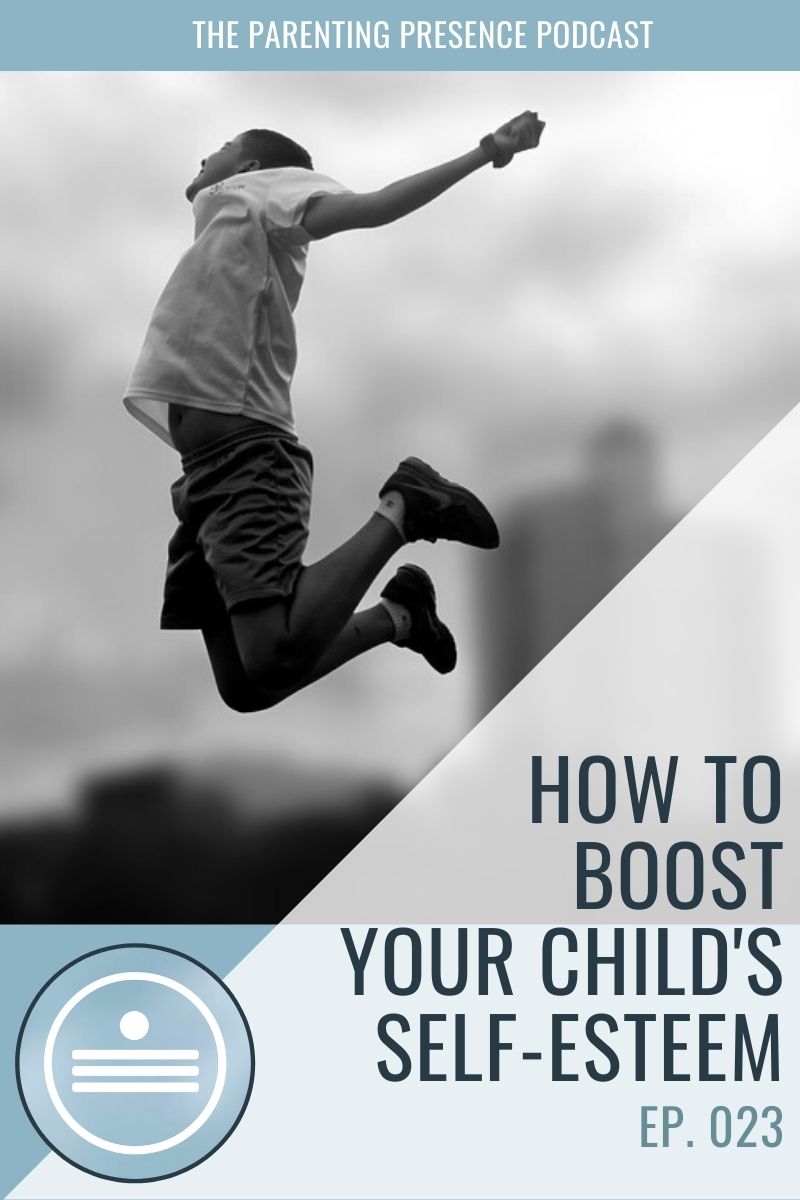
We want our children to feel good about themselves. We want them to have a strong self-esteem. How do we do that?
Are pats on the back enough? Will praise do the work? What to do when children are down on themselves and is that a sign of low self-esteem?
The tricky thing about self-esteem is that the process of developing self-esteem is mostly internal — it is based on beliefs and perceptions the child has of themselves. And a lot of that happens to go on inside their minds.
Still there is a lot you can do as a parent. Instead of looking for artificial “boosters,” we can focus on providing the environment where the child is being seen and can — therefore — see themselves in true objective light as someone who is important, valuable, and worthy.
- If self-esteem is formed based on beliefs children have about themselves, then how do they come to form those beliefs?
- And what can we do to ensure they see them as worthy and valuable despite set-backs and regardless of their accomplishments?
Tune into this episode to find out! Also, make sure to grab the Guide to Boosting Self-Esteem below. In it, you will find a set of questions to help you assess whether your child seems to have low self esteem. There is also set of prompts and suggestions of actions to take for better and stronger self-esteem in your child.
Boost Your Child's Self-Esteem
Is Your Child Truly Being Seen?
Our job is not to make children feel better about themselves in specific moments. There are times when they feel pretty bad about their experience, and that is OK. Instead of cheering them up, we need to see, validate, and acknowledge what is happening for our children in those moments. This way, we ensure that our children have a balanced experience and have the tools to recover from setbacks.
Feeling good about themselves in general, will help children recover in those times when they do not feel particularly great about a specific situation. And feeling good about themselves comes from the experience of being seen.
When we focus on cheering them up during the moment when they feel pretty down, we are in fact accomplishing the opposite. The child may feel disconnected from what is actually true for them. Or they may feel pressure to make us feel good and therefore forced to suppress their own feelings. And that is not a good thing.
Since emotions and how we process them is integral to our sense of self, suppressing them or neglecting them, will come across to the child like a rejection of them. And that is, in fact, the opposite of being seen.
